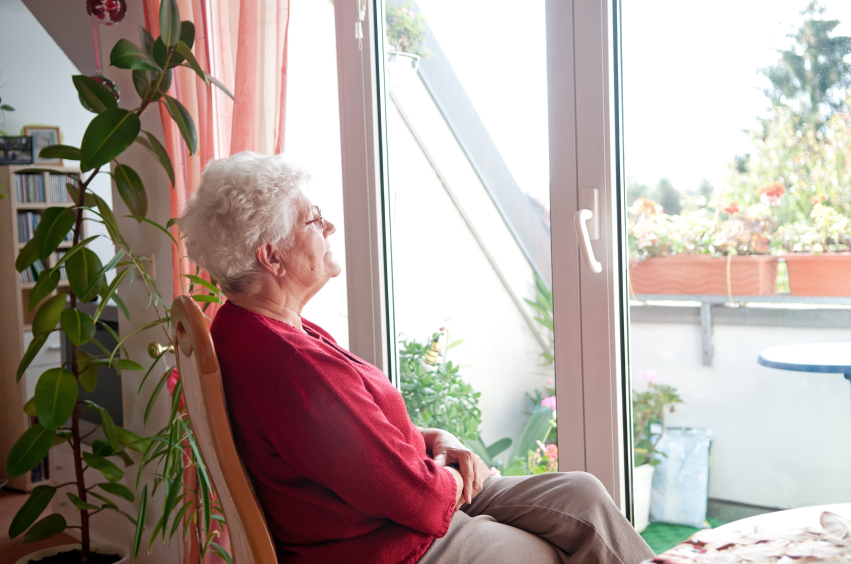
When was the last time you went to go visit your grandparents? If you are struggling to even remember, then you might want to put your phone down and head over for a visit ASAP. The hard truth is, the older generation are at a significantly higher risk to electrical hazards and accidents within their homes. This problem is heightened due to the loneliness and social neglect that the older generation face. Figures from Age UK tell a sombre story, as 3.6 million older people live alone with 1.9 million saying that they often feel ignored or invisible.
Figures from the Home Office show that in England alone, 1 in 5 accidental electrical fires in the home affects people over the age of 65. In addition to this, 79% of these were in the homes where the occupant lived alone.
Older adults who aren’t being checked on, or have no caregivers are likely to overlook electrical hazards within their own home. They typically live in older houses that may contain faulty electrics and appliances, and where electrical checks and inspections are seldom. Senior citizens are also often limited by health issues and complications, such as sensory loss and mobility impairments, that could make it difficult for them to spot and identify these issues within their home themselves. Their vulnerability poses a risk to their health and lives, but there is a way for you to help make a difference.
Here are our top 5 tips on how to keep your elderly relatives safe from electrical and fire hazards:
- Drop in for visits more frequently. Not only will this give you an opportunity to spend some quality time with them but it will also give you the chance to give the whole house a visual inspection to ensure that their electrical devices and appliances are up to standard. Things to check out for include sockets that are overloaded or any visible damage/wear and tear to electrical devices. For a more detailed checklist on what to look out for check out our free visual checks app.
- If you do come across faulty electrical equipment or outdated devices, be sure to relay this back and to also be willing to contribute your time and money to having these repaired or replaced. The houses of the elderly are often not as equipped with high quality appliances such as fire alarms meaning that even the warning signs are being ignored. Research shows that over a quarter of house fires with an electrical source involve people aged over 65.
- To help your older relatives better understand the risks they are facing, spend some time educating them on what they can do for themselves around the house. This may be as simple as showing them where the fusebox is and how to navigate it to demonstrating how to safely change a lightbulb.
- If you know you can’t dedicate the time to visiting your relatives, or are faced with a situation where you aren’t able to check up on them regularly, it may be worth investing in a caregiver who can provide company as well as ensure that the house remains safe. If hiring a caregiver doesn’t seem like a viable option, then simply asking a few neighbours to visit regularly can sometimes be the difference between life and death.
- If you do notice any life-threatening electrical risks within the home, make sure you contact a registered electrician. If the property is over 50 years old and its electrics haven’t been checked in the last 10 years, ask the registered electrician to carry out an Electrical Installation Condition Report (EICR). We recommend that you use an electrician registered with one of the government-approved schemes. For more details visit find an electrician.
You can find out more information about electrical safety for the elderly here.
More posts by Samantha Mager


